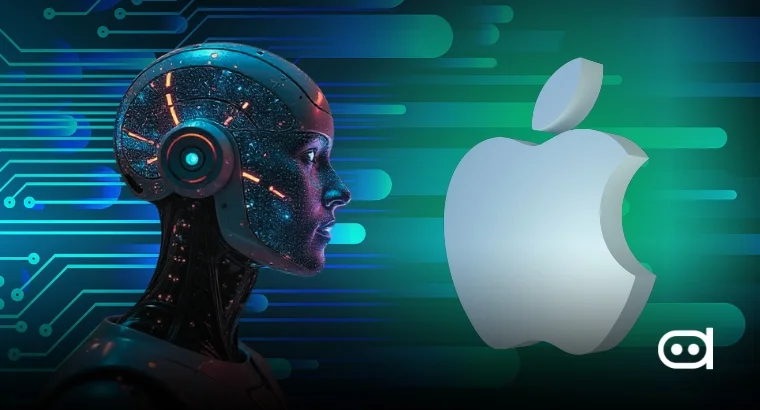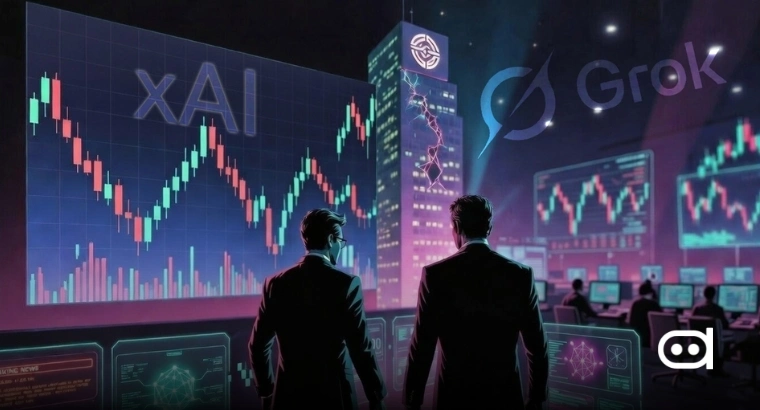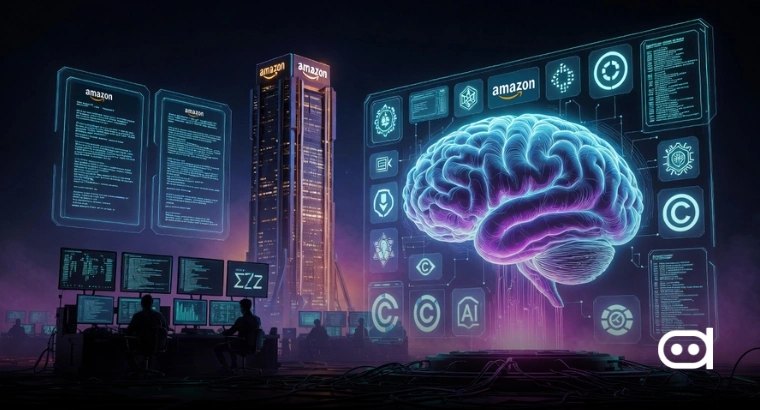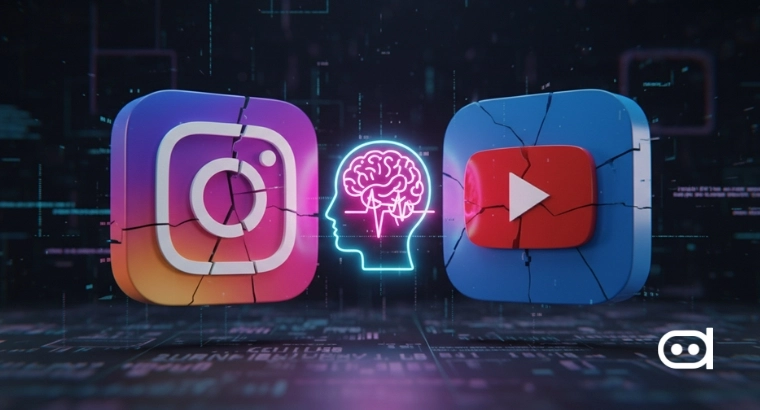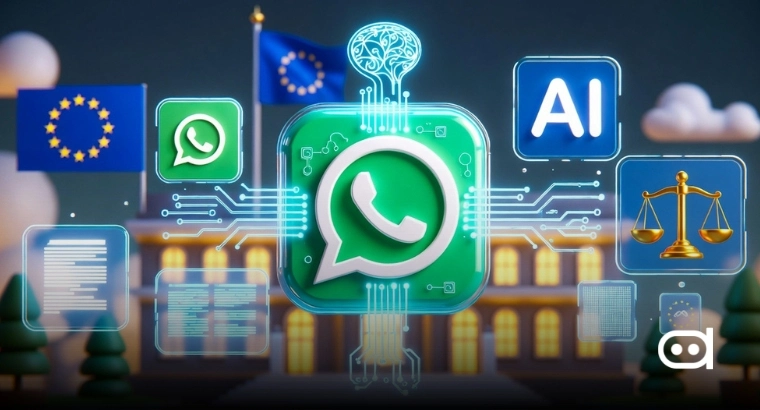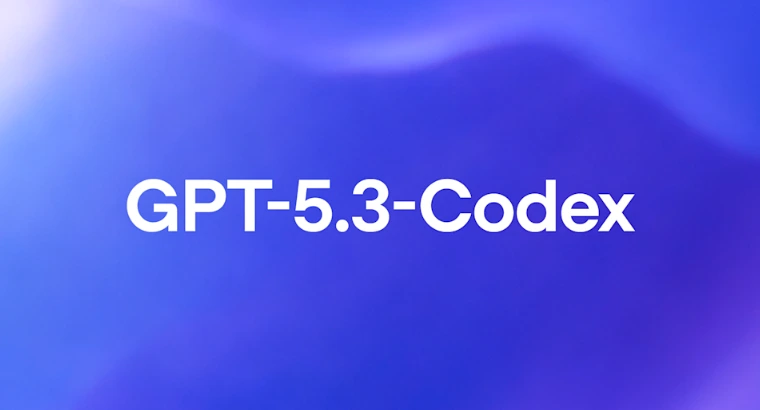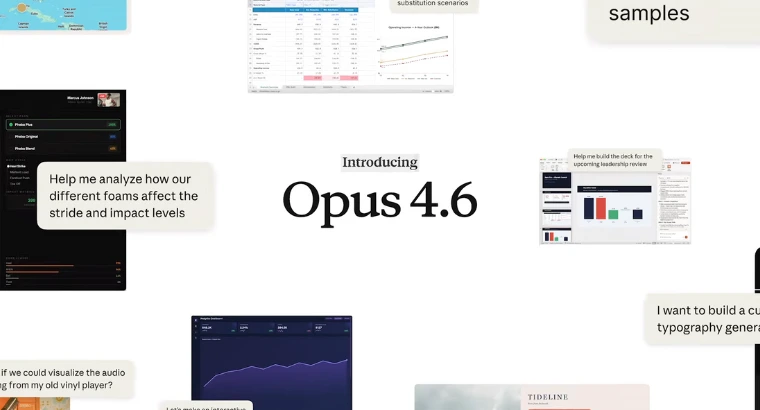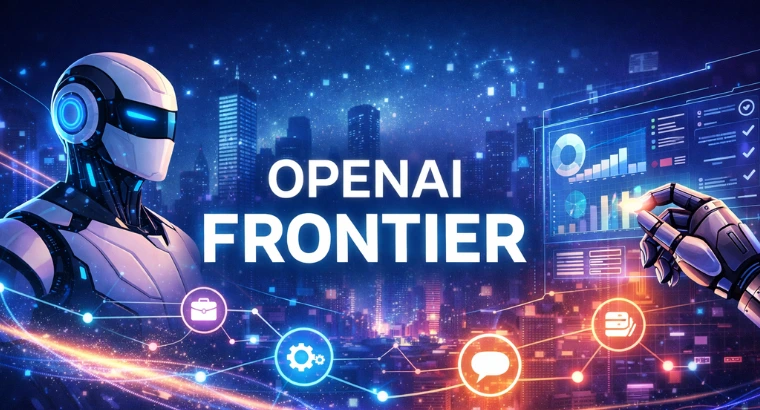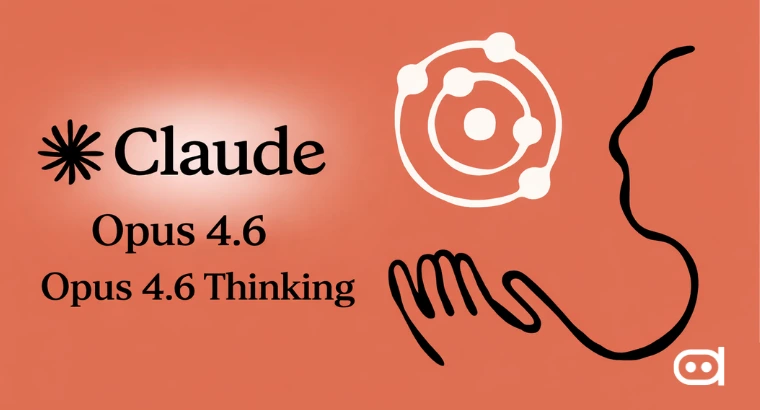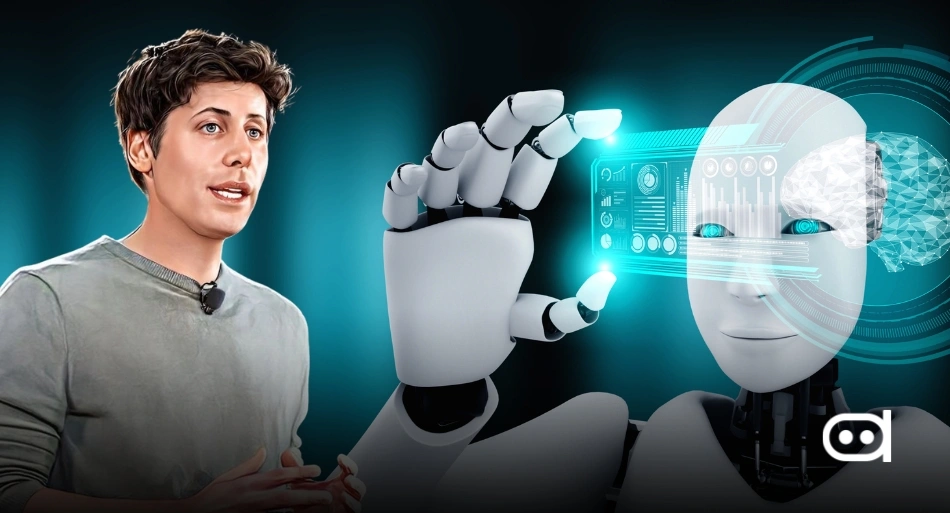
Key Highlights
- OpenAI CEO believes that AI will outsmart human intelligence by the next decade
- However, Sam Altman doesn’t believe humans will lose control of this AI technology
- His statement comes a day after OpenAI rolls out ChatGPT-5
While every human being is afraid of artificial intelligence’ possible takeover, OpenAI CEO Sam Altman disclosed that AI will outsmart human intelligence by the next decade.
However, he mentioned that the control will still be in human hands, according to a reliable source.
While popular AI models like ChatGPT, DeepSeek, Grok, and others have taken the world by storm in recent months, the world is likely to witness major developments in the near future.
Sam’s statement comes a day after OpenAI announced the launch of Grok-5. Adding to this, he affirmed that “AI will be vastly smarter than people. The rate of technological change in the world will be astonishing, and yet, the way we live our lives might not feel that different.”
AI Race Intensifies with New Models
Altman pointed to the last five years as proof. AI tools like ChatGPT have already reached what he calls “PhD-level intelligence.” These models are capable of coding, complex reasoning, and even building software in minutes. “You would think that kind of leap would have changed everything,” he said. “And yet, society hasn’t shifted as dramatically as you’d expect.”
He affirmed that this trend will likely continue. Even as AI grows exponentially smarter with the potential of making groundbreaking scientific discoveries within the next two years, the average person’s daily routine may remain largely unchanged.
The real revolution, Altman suggests, will happen behind the scenes, which includes accelerating research, optimizing industries, and solving problems faster than ever before.
GPT-5 Superintelligence Is Already Here
GPT-5, OpenAI’s newest model, was trained using data generated by its predecessor. It is a sign that AI is beginning to, in a sense, “teach itself.”
Altman sees this as a step toward Artificial General Intelligence (AGI), though he hesitates to use the term. “It’s not a super useful definition,” he said, instead pointing to concrete milestones, like AI independently discovering new scientific principles.
He estimates such breakthroughs, such as AI formulating original theorems or uncovering unknown laws of physics, could be just “two-ish years” away.
However, tech mogul Elon Musk fired a shot at OpenAI quickly after OpenAI announced the launch of GPT-5. Musk teased this newly launched model, claiming that Grok-4 is better than GPT-5. Musk also took a shot at Microsoft, OpenAI’s biggest investor, stating that “OpenAI is going to eat Microsoft alive.”
Will Humans Still Be in Control?
Despite AI’s rapid growth and advancements, Sam Altman doesn’t believe humans will lose control of this AI technology. Even if AI provides flawless advice or near-perfect predictions, he argues people will still feel in control, as long as they are the ones setting the goals and making final decisions.
However, Sam Altman has raised concerns over a psychological risk, as humans are rapidly inclining towards blind reliance. “Something important gets lost in the process if we just follow the advice without understanding it—even if the advice is always good,” he said.
Altman made it clear that OpenAI will keep moving forward with major advancements, investing heavily in computing power and model training—even if it means operating at a loss. “As long as we’re on this very steep curve of improvement, it’s the rational thing to do,” he said.
A Smarter AI, But a Familiar World?
The most striking part of Altman’s prediction is not just that AI will eclipse human intelligence. It is that society might not feel drastically different when it happens.
The biggest shifts, he suggests, will not be in how we live but in how we innovate.
“Crazy scientific change, crazy technology gains—and society changes, of course,” he said. “But not the impossible amount it sounds like it should.”
In other words, the AI revolution may be quieter than we think—even as it changes everything.
According to MarketsandMarkets’ report, the global AI platform market is projected to soar from $18.22 billion in 2025 to $94.30 billion by 2030
